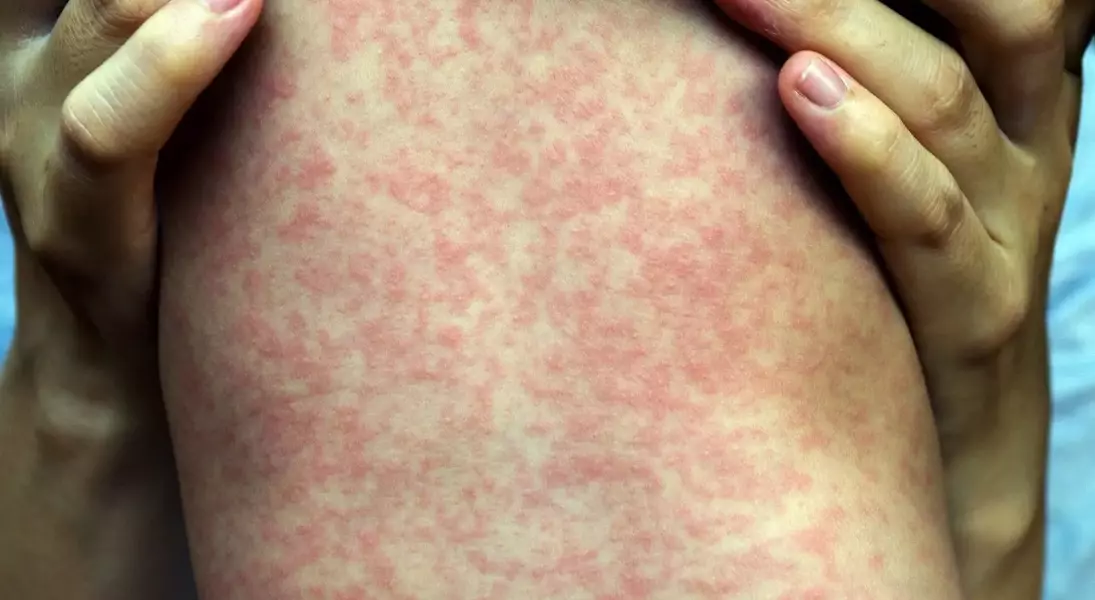
The state of Texas is currently grappling with a significant measles outbreak, particularly affecting children and teenagers in rural areas. The highly contagious viral disease has seen a resurgence globally, and this local outbreak highlights the ongoing challenges posed by low vaccination rates. Health officials are concerned about the potential for further spread and the broader implications for public health.
Understanding the Current Outbreak in Western Texas
The recent surge in measles cases in Texas has raised alarm among health authorities. Since mid-January, 48 confirmed cases have been reported in the South Plains region, primarily involving young individuals. This outbreak has not shown any signs of slowing down, and officials estimate that hundreds more may have been infected. The affected population predominantly consists of unvaccinated individuals or those whose vaccination status is unknown.
The majority of cases are concentrated within a rural Mennonite community. Despite misconceptions, the lower vaccination rate in this area is not due to religious objections but rather personal choices and limited access to regular healthcare. Lara Anton, a spokesperson for the Texas Department of State Health Services, emphasized that vaccination decisions are individual choices rather than communal mandates. At least 13 people have already been hospitalized, and the number of identified cases is expected to rise. The situation underscores the critical importance of maintaining high vaccination rates to prevent such outbreaks.
The Broader Implications of Declining Vaccine Confidence
The Texas outbreak serves as a stark reminder of the risks associated with declining vaccine confidence. While the overall vaccination rate remains relatively high in the U.S., it has slightly decreased in recent years. As of the 2022/2023 school year, approximately 93% of school-age children have received the measles, mumps, and rubella (MMR) vaccine. However, the anti-vaccination movement has contributed to a decline in public trust in vaccines, fueled by misinformation and false claims about vaccine safety.
The appointment of Robert F. Kennedy Jr. as the incoming director of the U.S. Department of Health and Human Services has sparked further concern. Kennedy and other prominent anti-vaxxers have consistently disseminated misleading information based on poorly conducted or misrepresented data. This trend could exacerbate the current public health challenges and lead to more frequent outbreaks like the one in Texas. Health officials warn that this outbreak might be just a preview of what lies ahead if vaccination rates continue to drop and misinformation continues to spread unchecked.
